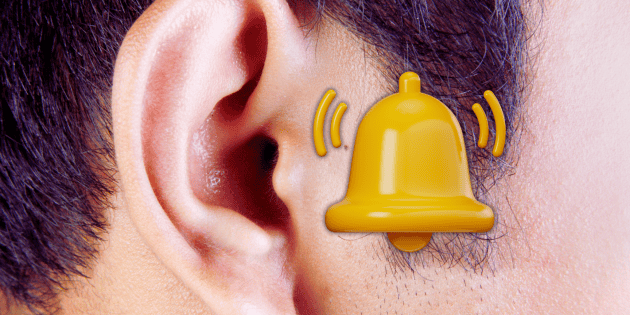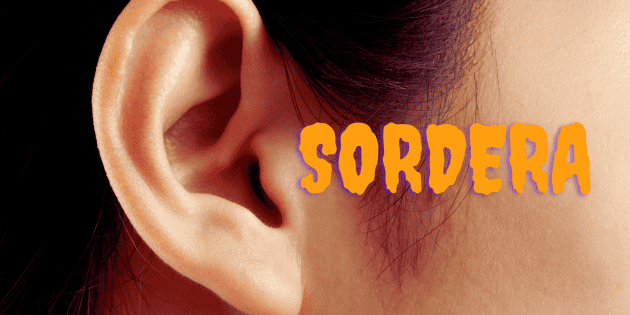The hearing problem that disrupts sleep

Tinnitus is a problem related to the auditory system. It can be a real nuisance, and it's important to understand how to resolve it with the help of a specialist.
Tinnitus is not only a physical challenge, but also an emotional one. Constant sounds can cause frustration, disrupt sleep, and in some cases, contribute to social isolation. However, understanding its origins can help reduce stigma and guide those affected toward more effective management.
Question: This is how cold fronts will affect Mexico this weekend.Although there is still no definitive cure, science is making progress in understanding tinnitus. . Current research suggests that the key may lie in reprogramming the brain's neural connections . In addition, preventative measures such as Protecting your ears from loud noises, controlling the volume of audio devices, and maintaining a healthy lifestyle are essential to minimize the risk .
In the mystery of the sounds no one else hears, science reminds us that the mind and body are deeply connected, paving the way for new ways to approach this phenomenon.
What causes tinnitus?Tinnitus is often associated with ear injuries, prolonged exposure to loud noises, or age-related hearing loss. . However, its peculiarity lies in the fact that Sounds do not come from an external source, but are created by the brain .
Read: Storm "Sonia" strikes out; the phenomenon that caused it dissipates.Dr. Angelique Van Ombergen of the European Space Agency explains that "phantom sounds" result from overactivity in certain brain areas . Neuroimaging studies have shown that when the brain loses auditory signals due to damage to the ear, the areas responsible for processing sound begin to generate their own activity to compensate . This phenomenon is similar to the "phantom pain" that some people experience after losing a limb.
Don't miss: What does your signature say about you, according to graphologists?Although tinnitus can be persistent, recent research offers hope . A technique called neuromodulation uses low-frequency currents to reduce the hyperactivity of neurons involved in tinnitus. This method can not only relieve symptoms but has also been explored in the treatment of other brain disorders, such as anxiety and depression.
With information from SUN
* * * Stay up to date with the news, join our WhatsApp channel * * *
OA
informador





